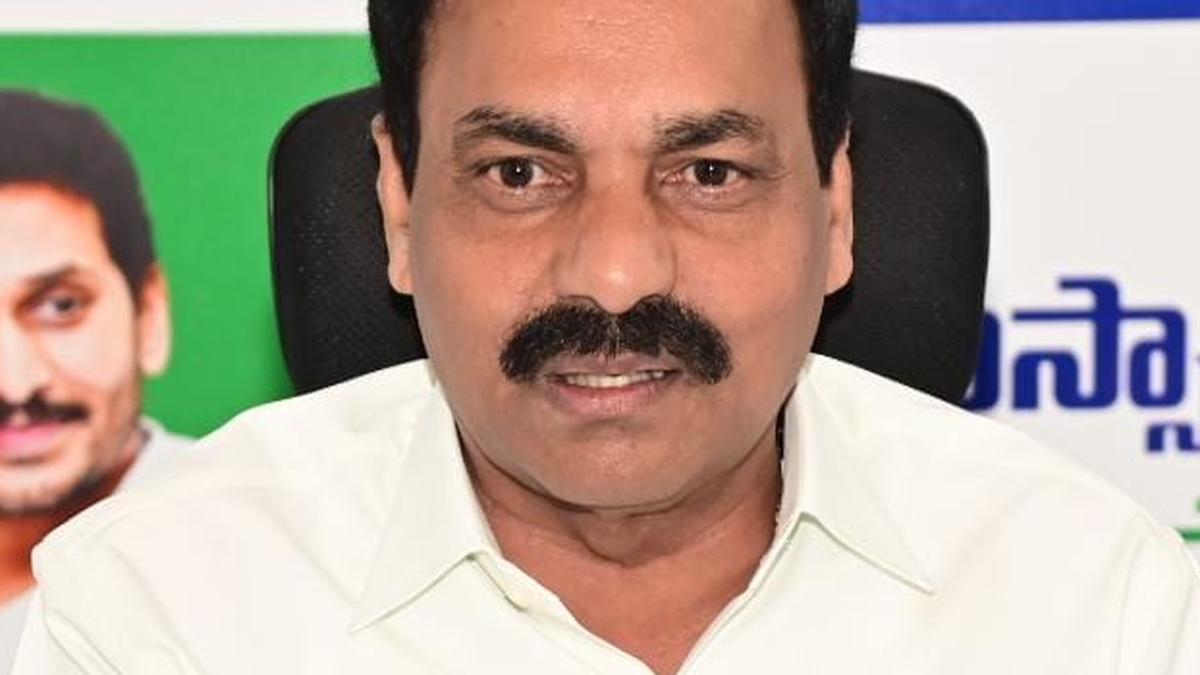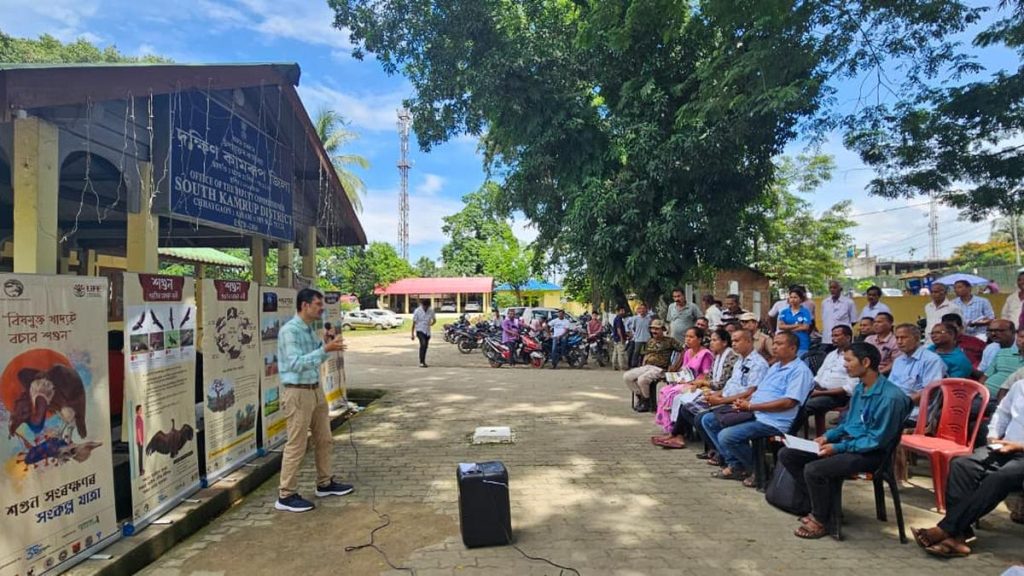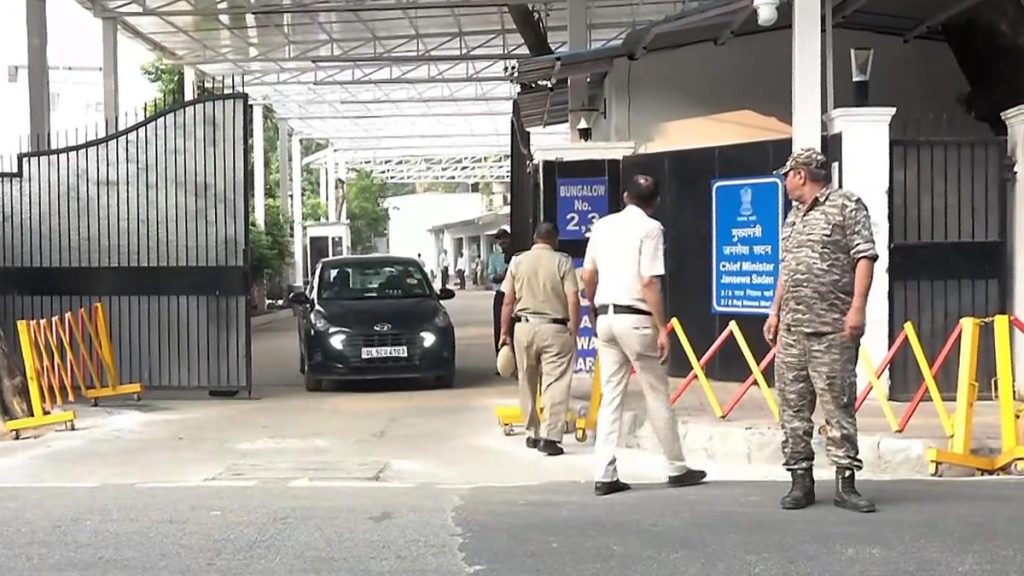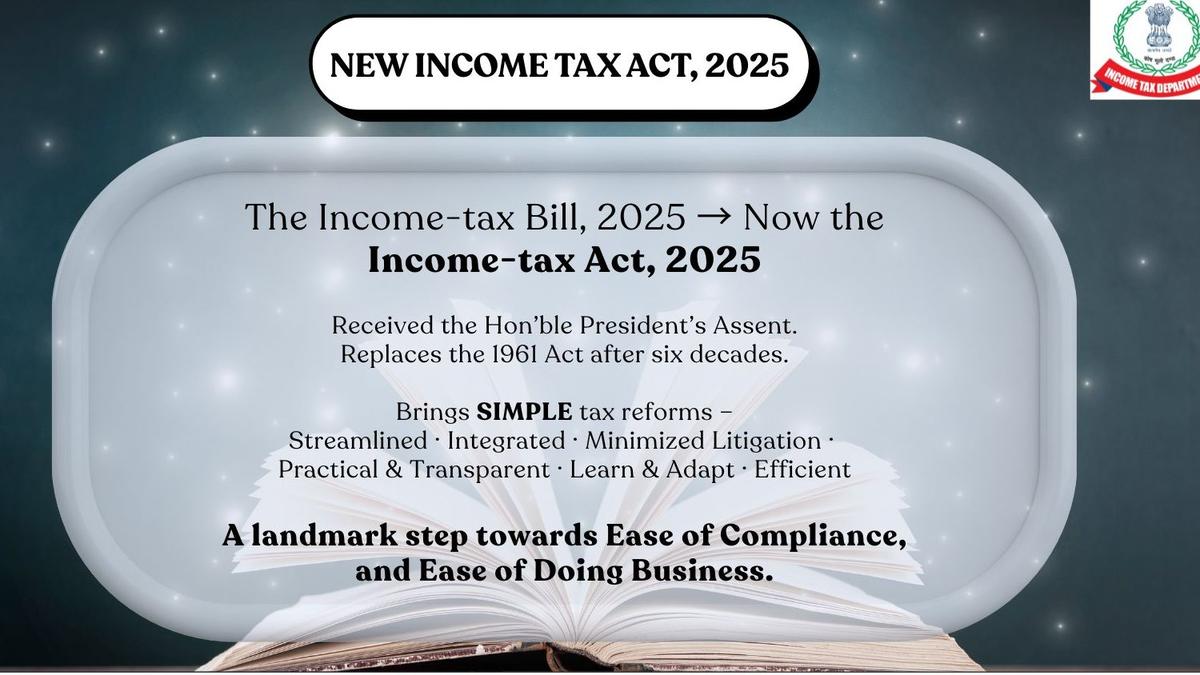Now Reading: Kakani Slams Government Over Urea Shortage for Farmers
-
01
Kakani Slams Government Over Urea Shortage for Farmers
Kakani Slams Government Over Urea Shortage for Farmers

Quick Summary
- The YSR Congress Party (YSRCP) accused the coalition government of neglecting agriculture and failing to provide timely urea and other farm inputs.
- Former Minister Kakani Govardhan Reddy criticized the dismantling of Rythu Bharosa Kendras (RBKs) under the NDA government, alleging farmers were forced to rely on private dealers who charged inflated prices.
- he stated that farmers in the ongoing kharif season needed 16.78 lakh tonnes of urea, but only 65,000 tonnes were supplied by the government. Farmers reportedly paid ₹450 per bag instead of the official ₹266.50 price.
- Mr. kakani alleged that approximately 250 farmer suicides occurred due to distress caused by this situation.
- He demanded an inquiry following accusations of corruption in a farm mechanization scheme and called for the dismissal of the Agriculture Minister.
- Comparing wiht Y.S. Jagan Mohan Reddy’s tenure as Chief Minister, he claimed buffer stock provisions through RBKs helped farmers save costs while addressing shortages effectively.
- Accused Chief Minister N.Chandrababu Naidu of reducing financial support beneficiaries under Rythu Bharosa by seven lakh and breaking promises on additional subsidies.
- Urged immediate action including flood damage compensation, input supply assurance, and restoring farmer confidence.
Indian Opinion Analysis
The concerns raised highlight significant challenges faced by India’s agricultural sector, particularly during crucial seasons like kharif when adequate support is necesary for effective crop production.The allegations point to a broader issue around policy implementation gaps in ensuring essential agricultural supplies such as fertilizers reach farmers at fair prices.
Farmers’ reliance on private dealers due to inadequate official provisions underscores existing inefficiencies that could possibly lead to increased costs for already distressed communities-factors contributing to deeper rural economic hardships like suicides reported here.
The dismantling or undermining institutional mechanisms like RBKs might also have broader implications for sustainability within India’s agricultural policies since similar setups often address critical supply chain vulnerabilities while assisting small-scale farmers directly.
While political comparisons are a natural part of discourse within varying administrations’ achievements or failings, addressing systemic issues around input accessibility remains paramount regardless of party lines considering its direct implications for food security and also rural livelihoods across India.
Read more at The hindu.























